Producing an animated film is harder, costlier than producing a live action film, says Allahyar director
The director, producer and writer of the much-talked about Pakistani animated feature film Allahyar and the Legend of Markhor, Uzair Zaheer Khan, is determined to be a catalyst in the world of Pakistani cinema.
The film is due to launch this December, and Mr Khan believes it contains something for “all and sundry”.
Dawn sat down with him to talk about his experience producing an animated feature film in Pakistan.

Q: Do you think launching yourself as a producer of an animated film is a good start in Pakistan’s fledgling film industry?
A: If you are an electrical engineer, you will not accept a job offered against a mechanical engineer’s position. I wanted to make an animated film, not just any film, because this is my field. I have put my heart and soul in this project because animation is a passion for me, not a business venture. It has taken me three years to complete and I have left no stone unturned to give quality and introduce the latest techniques in this project that no one can match. The thing to be proud of is that this is a 100pc Pakistani production.
Animated films are made all over the world and at a very high cost. I wanted Pakistan to be part of this medium too. I have been associated with many international animated films one way or the other. Tomb Raiders Legends, the Discovery Channels’ Next World series, an animated advertising campaign for UPS, and Toyota’s Scion to name a few, but nothing makes me more proud than coming up with a film carrying the tag: Made by Pakistan.
Q: The audience for animated films is perceived to be mostly children and teenagers. Why should an adult go watch Allahyar and the Legend of Markhor?
A: This is a wrong perception that animated films are meant for children. Yes, children enjoy the characters and are fascinated by them but there is always a message for adults as well. While writing the story and the script of this film, I made sure that my audience would find many scenes where there is a message for adults as well as lines which they will relate to.
The comic scenes incorporated in the script have been balanced keeping in mind both adults and children. So this film is very much for all and sundry and not only for the kids to enjoy.
Q: How were you involved in Burka Avenger and how is Allahyar and the Legend of Markhor different?
A: It’s a long story but let me try to cut it short. Haroon approached me to make a musical animated video for one of the songs of the serial and I ended up setting up the whole production studio for him right from scratch, as he had come to know about my work and my experience.
Burka Avenger was a television serial, this is a film. It was low budgeted project with minimal human resources and costs, whereas Allahyar and the Legend of Markhor has a lot of characters, voiceovers, songs etc.
Q: What if the film does not do as expected at the box office?
A: My purpose is to launch animated feature films in Pakistan and educate the Pakistani audience and develop its clientele. We have, over a period of three years, developed a skill set to a point that we can capably produce animated films in Pakistan competing with the international market at much lower cost and a much higher quality, so I am keeping my hopes high. To me there is no looking back now.
Q: How difficult was the post-production phase keeping in mind the technical skills available in the market?
A: Before getting into post-production, let me tell you that producing an animated film is much more difficult and costly then producing a normal live action feature film. It took us two to three years on the job to come up with new solutions and techniques to make this product a state of the art quality to compete in the international market. In an animated film there is more work in production than in post-production, as things go hand in hand. I promise you that Pakistani cinema has not produced such a high quality animated film to date and once it’s out you will vouch for it too.
Originally published in Dawn, October 19th, 2017






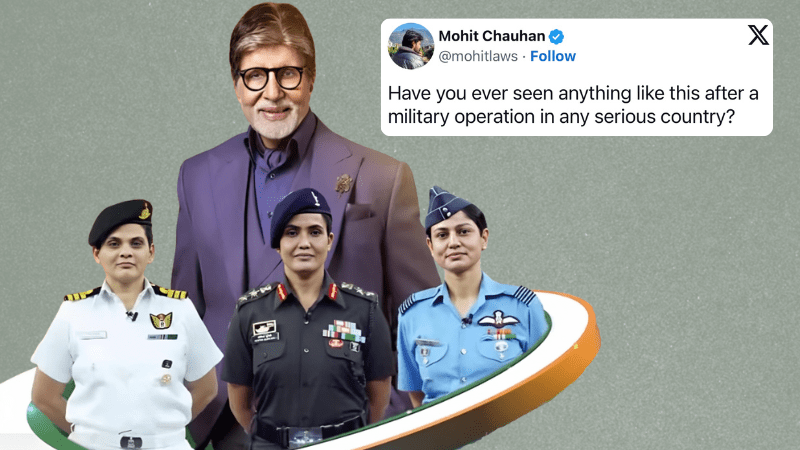
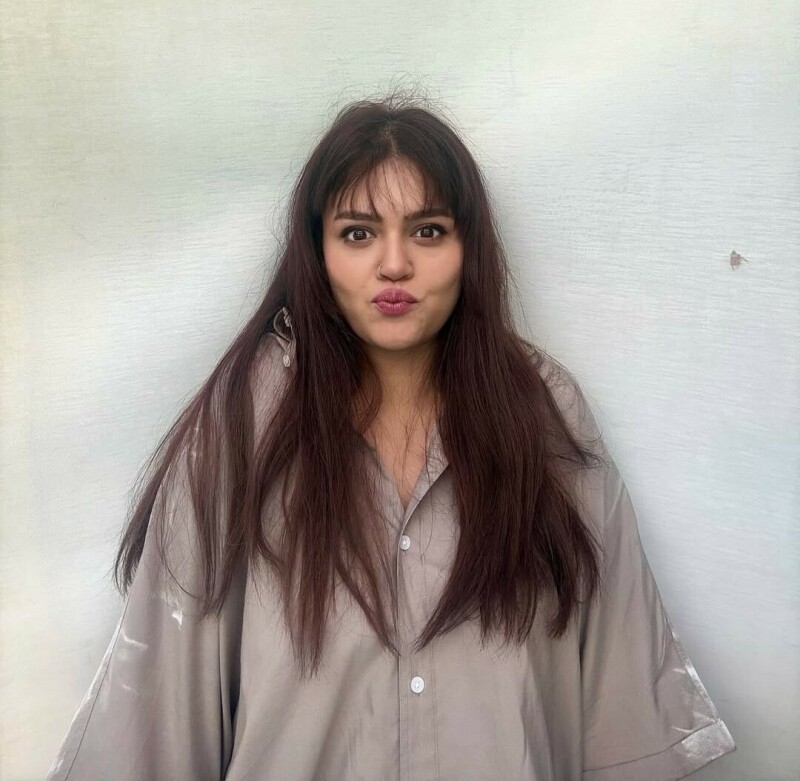

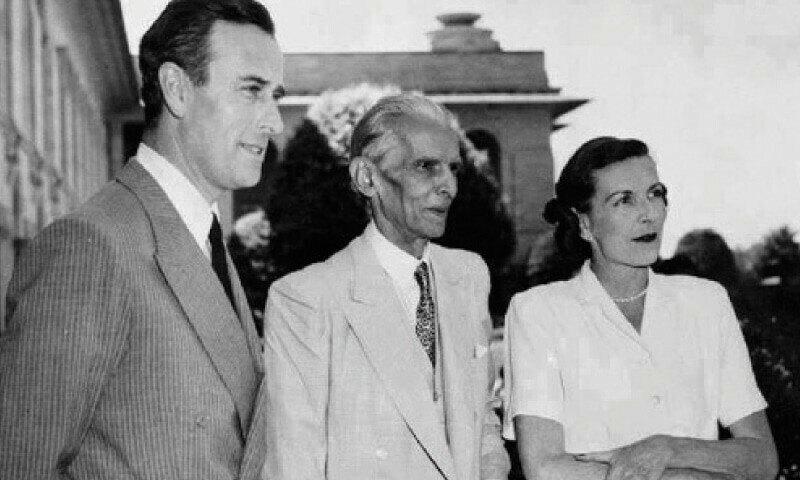
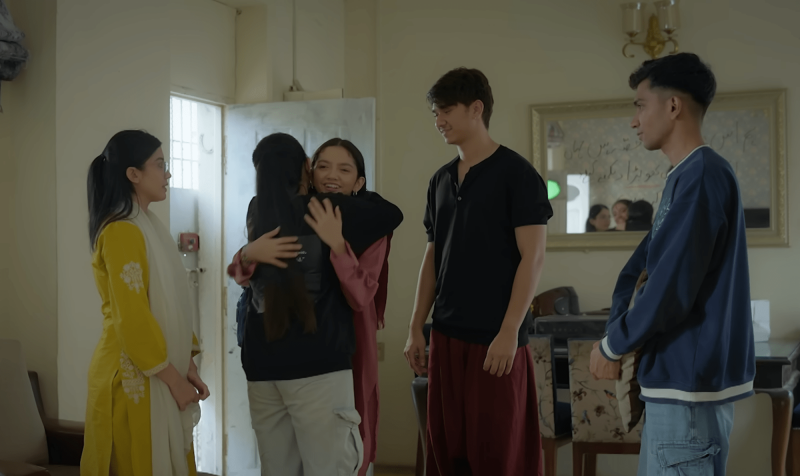
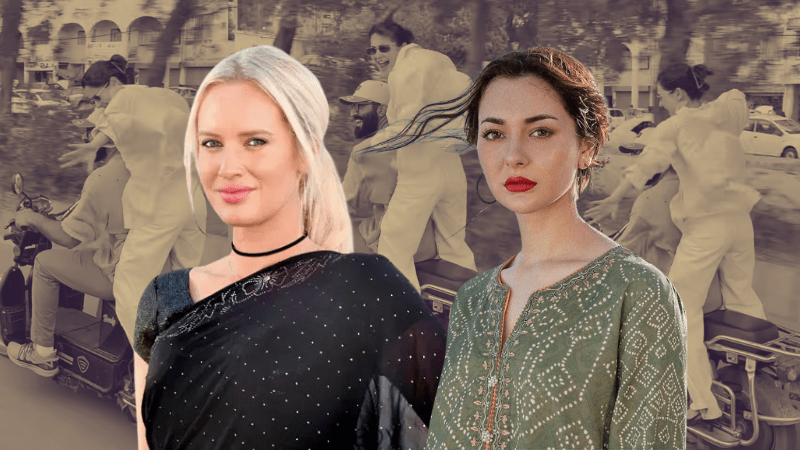

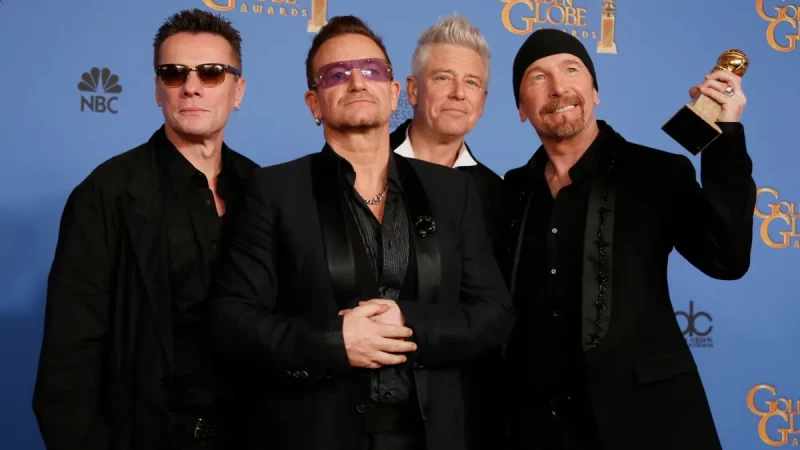
Comments